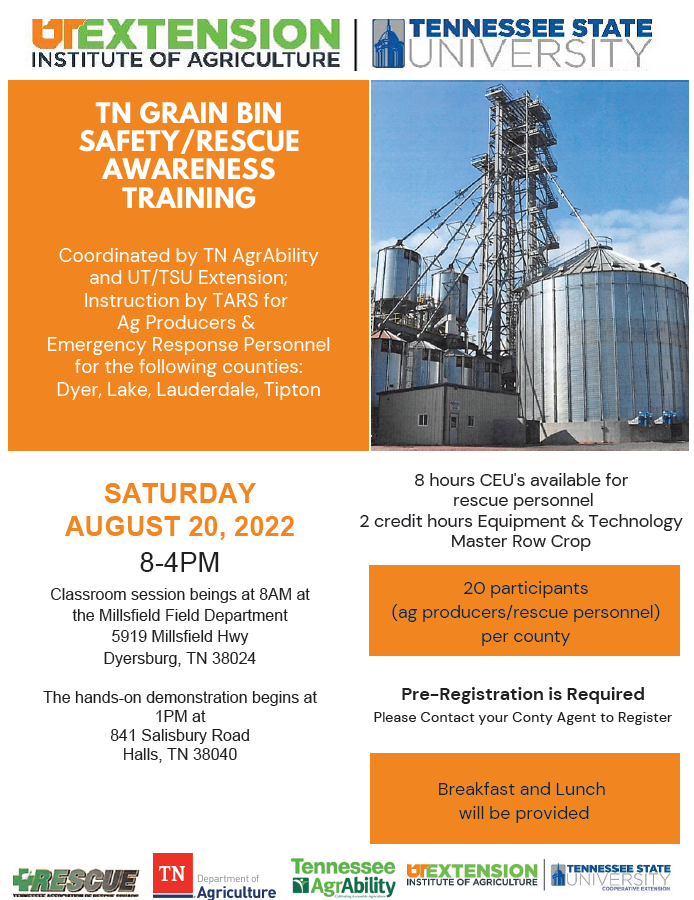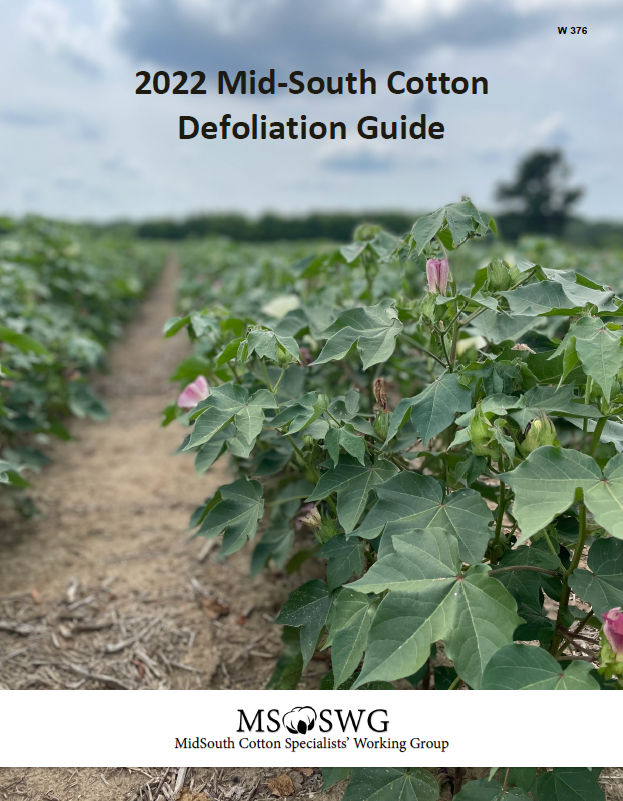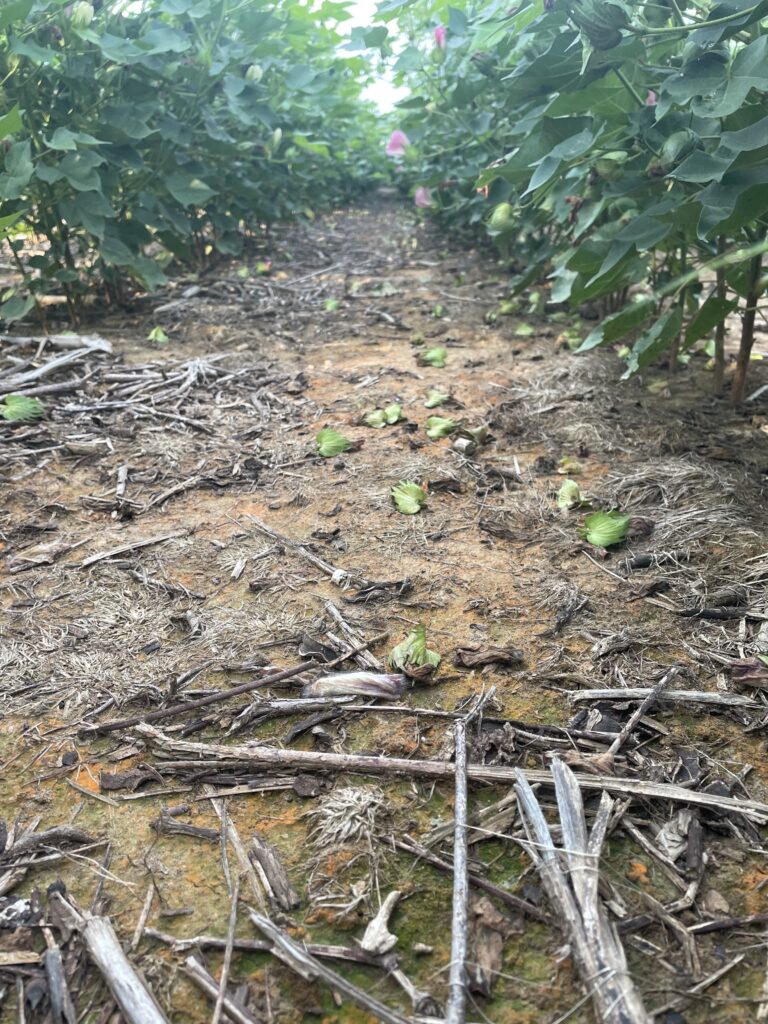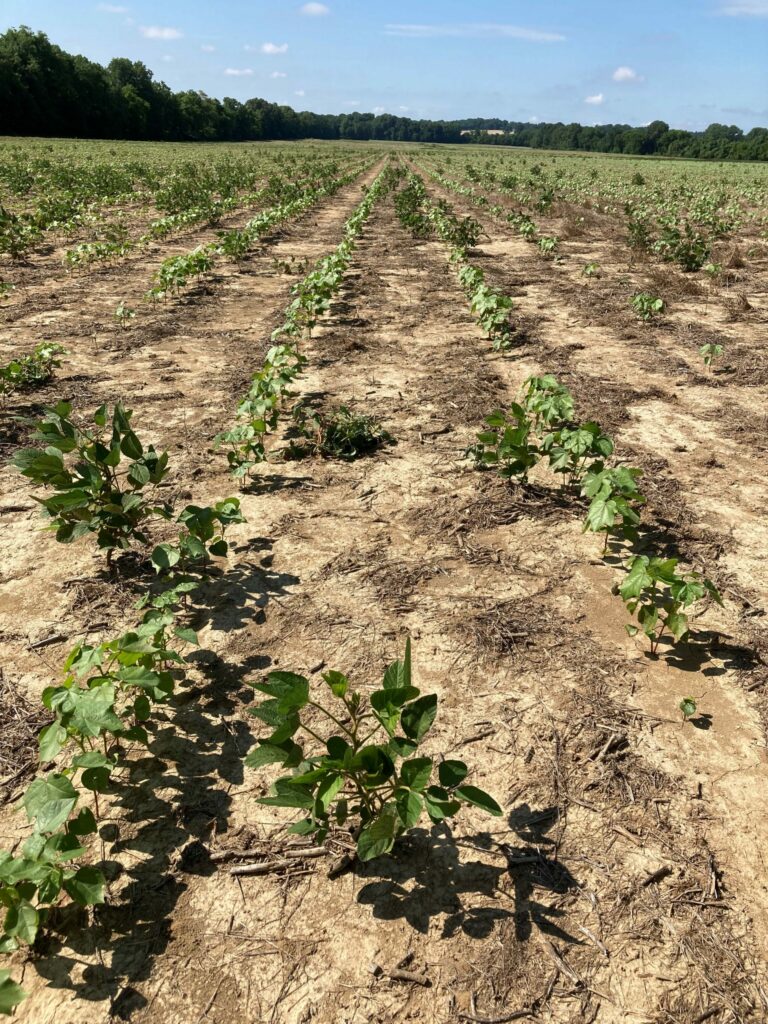 More and more farmers are looking to use on-farm grain storage to have the ability to produce more corn and take advantage of grain market price variations. While on-farm storage offers the farmer flexibility in the harvest process, there is a need for grain bin safety training to help farmers and rescue squad members learn how they can knowledgeably respond to a potential accident.
More and more farmers are looking to use on-farm grain storage to have the ability to produce more corn and take advantage of grain market price variations. While on-farm storage offers the farmer flexibility in the harvest process, there is a need for grain bin safety training to help farmers and rescue squad members learn how they can knowledgeably respond to a potential accident.
The one-day training program is specifically designed for emergency responders who may be called to a person or persons trapped in a grain bin. Upon completion of this course, the responder will possess the specialized knowledge to function as a member of a grain rescue team. Local farmers and extension agents are encouraged to attend to learn how they can assist in the event of a grain bin emergency. Continue reading →
 The 2022 Mid-South Defoliation Guide is now available online. You can access the guide by clicking the above image or any of the embedded links within this post. This guide was compiled and is updated yearly by Extension Cotton and Weed Science Specialists from throughout the Mid-South.
The 2022 Mid-South Defoliation Guide is now available online. You can access the guide by clicking the above image or any of the embedded links within this post. This guide was compiled and is updated yearly by Extension Cotton and Weed Science Specialists from throughout the Mid-South.

 More and more farmers are looking to use on-farm grain storage to have the ability to produce more corn and take advantage of grain market price variations. While on-farm storage offers the farmer flexibility in the harvest process, there is a need for grain bin safety training to help farmers and rescue squad members learn how they can knowledgeably respond to a potential accident.
More and more farmers are looking to use on-farm grain storage to have the ability to produce more corn and take advantage of grain market price variations. While on-farm storage offers the farmer flexibility in the harvest process, there is a need for grain bin safety training to help farmers and rescue squad members learn how they can knowledgeably respond to a potential accident. Rainfall was welcomed during the Milan No-till event last week and has continued since, with decent chances in the forecast over the weeks to come. Questions this week have mainly concerned our first major fruit shed event, the ‘switch’, what to do about it. In this blog, I attempt to tackle plant growth management decisions as we quickly approach our last effective bloom date.
Rainfall was welcomed during the Milan No-till event last week and has continued since, with decent chances in the forecast over the weeks to come. Questions this week have mainly concerned our first major fruit shed event, the ‘switch’, what to do about it. In this blog, I attempt to tackle plant growth management decisions as we quickly approach our last effective bloom date.